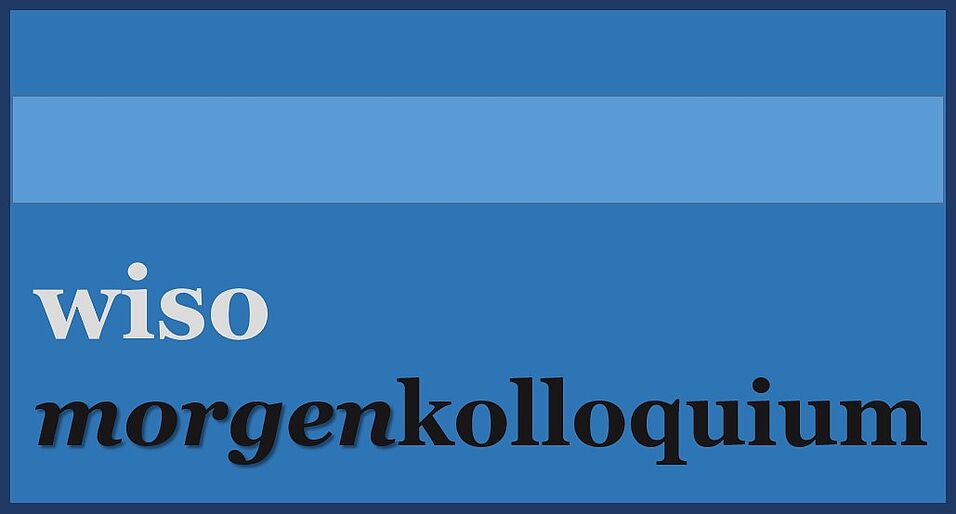Zoom Link: https://univienna.zoom.us/j/64147884198?pwd=i3H6mmou1zg5hdSddyM3WqGCuKKbdP.1#success
Meeting-ID: 641 4788 4198| Kenncode: 896354
My dissertation examines the intersection of sovereign lending and international trade in the business strategies of Baring Brothers & Co., one of the most influential merchant banking firms of the 19th century. While existing literature often treats high finance and trade as separate domains, I argue that leading financial intermediaries like the Barings leveraged their role in sovereign lending to shape borrowing governments’ trade policies and commercial environments. By underwriting government debt and acting as financial agents on the London Stock Exchange, the firm secured economic advantages, such as tariff reductions, tax rebates, and market access, reinforcing its position as a key player in 19th-century globalization. This dual function of merchant bankers in government financing and international commerce allowed access to capital markets to be translated into commercial benefits and comparative advantage. The central research question is: How did the Barings utilize their influence in the sovereign lending market to shape the trade policies of borrowing and indebted governments?
Through a global case-study approach, my dissertation examines Barings’ operations in Austria, Argentina, Mexico, and Russia, drawing on archival business sources, including confidential correspondences, financial ledgers, and trade statistics. The findings will contribute to our understanding of how multinational financial institutions shaped global trade networks and state policies through financial leverage. By bridging the gap between studies on sovereign debt and international commerce, this research offers a novel perspective on merchant bankers’ economic and political influence towards the first wave of globalization.

